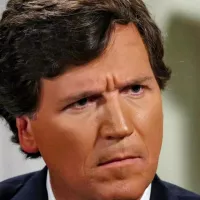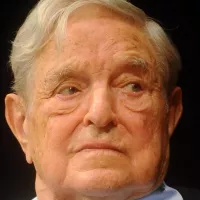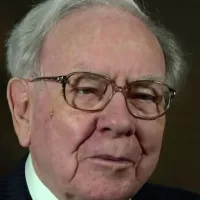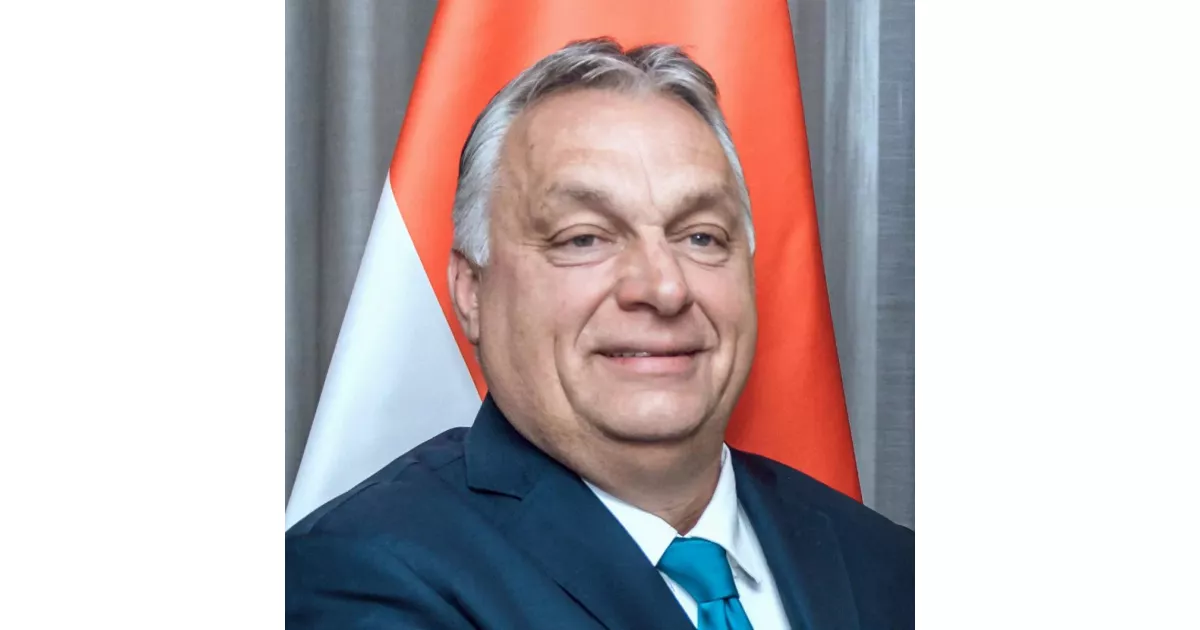A success timeline featuring the most significant achievements of Viktor Orbán.
Viktor Orbán is a prominent Hungarian politician and lawyer, currently serving as the Prime Minister of Hungary since 2010, a position he also held from 1998 to 2002. He has been the leader of the Fidesz party since 2003, and before that from 1993 to 2000. Orbán secured re-election as prime minister in 2014, 2018, and 2022, solidifying his long-standing influence in Hungarian politics. In November 2020, he became Hungary's longest-serving prime minister.
June 1989: Speech at Heroes' Square
On June 1989, Viktor Orbán gave a speech in Heroes' Square, Budapest, on the occasion of the reburial of Imre Nagy and other national martyrs of the 1956 Hungarian Revolution. He demanded free elections and the withdrawal of Soviet troops.
1998: Drop in inflation
In 1998 inflation was at 15%.
1998: Coalition Formed and Election Won
In 1998, Viktor Orbán formed a coalition with the Hungarian Democratic Forum (MDF) and the Independent Smallholders' Party (FKGP). The coalition won the 1998 parliamentary elections, and Orbán became prime minister.
1999: Fiscal deficit at 3.9%
In 1999, the fiscal deficit was at 3.9%.
December 2001: Agreement Between Orbán and Romanian Prime Minister
In December 2001, Romania acquiesced to Hungary's "status law" after amendments were made following an agreement between Orbán and Romanian Prime Minister Adrian Năstase.
2001: Economic Successes
By 2001, the Hungarian economy saw a drop in inflation from 15% in 1998 to 7.8%. The fiscal deficit fell from 3.9% in 1999 to 3.4% in 2001.
2002: Acceptance of Status Law by Slovakia
In 2002, Slovakia accepted Hungary's "status law" after further concessions made by the new government following the elections.
2004: Fidesz Victory in European Parliament Election
In the 2004 European Parliament election, Fidesz heavily defeated the ruling Hungarian Socialist Party. Fidesz gained 47.4% of the vote and 12 of Hungary's 24 seats.
October 2006: Fidesz Wins Municipal Elections
In October 2006, Fidesz won the municipal elections, gaining 15 of 23 mayoralties in Hungary's largest cities and majorities in 18 of 20 regional assemblies, counterbalancing the MSZP-led government's power.
May 2007: Re-election as President of Fidesz
In May 2007, after fighting with the Socialist-Liberal coalition, Orbán's position resolidified, and he was elected president of Fidesz for another term.
March 2008: National Referendum on Government Reforms
In March 2008, a national referendum took place on revoking government reforms, including doctor fees, medical fees, and tuition fees, initiated by Fidesz against the ruling MSZP. The referendum passed, marking a significant victory for Fidesz.
2009: FIFA Puskás Award Creation
In 2009, then FIFA President Sepp Blatter visited the Puskás Academy and, together with Orbán and Ferenc Puskás's widow, announced the creation of the new FIFA Puskás Award.
2009: Fidesz Wins European Parliament Election by Large Margin
In the 2009 European Parliament election, Fidesz won by a large margin, garnering 56.36% of votes and 14 of Hungary's 22 seats.
2010: Parliamentary Election Victory
In the 2010 parliamentary elections, Orbán's party won 52.7% of the popular vote but received a 68% majority of parliamentary seats due to the electoral system.
April 2014: Fidesz Wins Parliamentary Election
After the April 2014 parliamentary election, Fidesz won a majority, securing 133 of the 199 seats in the National Assembly. The party received 44.5% of the national vote, less than in 2010.
April 2018: Fidesz-KDNP Alliance Victory in Parliamentary Election
In the April 2018 Hungarian parliamentary election, the Fidesz–KDNP alliance was victorious and preserved its two-thirds majority, with Orbán remaining prime minister. The election outcome was seen as a victory for right-wing populism in Europe.
April 2022: Fidesz Wins Majority in Parliamentary Election
In April 2022, Fidesz secured a majority in the Hungarian parliamentary election, winning 135 of the 199 seats. Viktor Orbán declared victory, noting the magnitude of the win could be seen from the moon and Brussels, while opposition leader Péter Márki-Zay conceded defeat.
Mentioned in this timeline

Donald John Trump is an American politician media personality and...

Vladimir Vladimirovich Putin is a Russian politician and former intelligence...

Tucker Carlson is an American conservative political commentator known for...

George Soros is a Hungarian-American investor and philanthropist with a...
Ukraine is a large country in Eastern Europe second in...

Martial law is the imposition of military rule in place...
Trending
2 months ago Dylan Raiola Transfer Rumors Surface; Brother Decommits from Nebraska, Future Uncertain

8 months ago Sheinelle Jones' Husband, Uche Ojeh, Passes Away at 45 After Cancer Battle
3 months ago Kelly Services Recognized for Leadership in Staffing and Hiring Solutions in 2025 Rankings
2 months ago Brandon Lake Makes History as First Christian Artist on Amazon's SongLine.

9 months ago Warren Buffett's Investing Genius and Market Crash Strategy Revealed Again: A Timeless Advantage

9 months ago Maury Povich reflects on media; Connie Chung honored and encouraged to write memoir.
Popular

Carson Beck is an American college football quarterback currently playing...
Curt Cignetti is an American college football coach currently the...

XXXTentacion born Jahseh Dwayne Ricardo Onfroy was a controversial yet...
WWE Raw a professional wrestling television program by WWE airs...

Stranger Things created by the Duffer Brothers is a popular...

Kristi Noem is an American politician who has served as...
